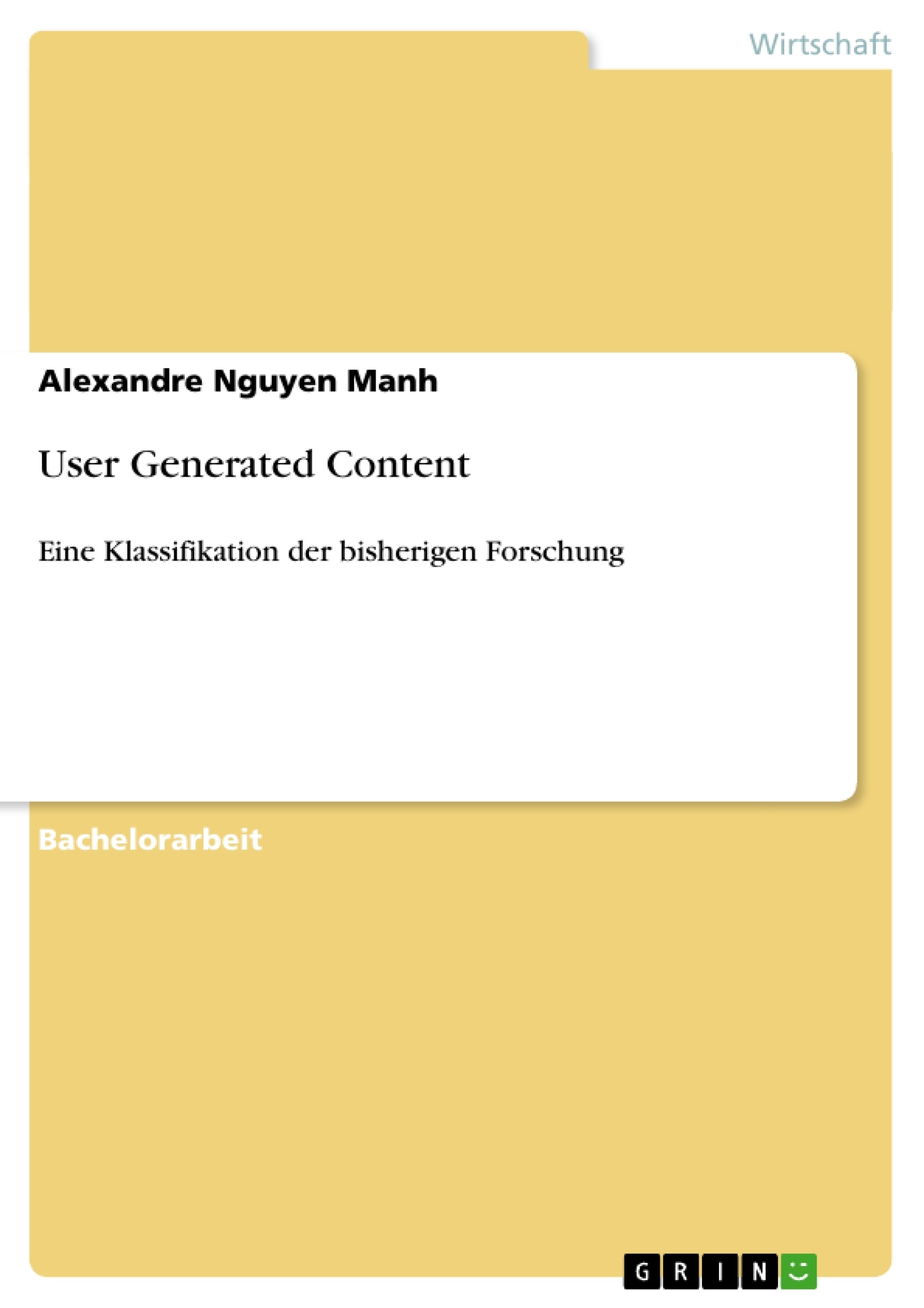
Understanding UGC Links: Enhancing SEO with User-Generated Content
When it comes to search engine optimization (SEO), link building is a crucial component for improving a website’s visibility and authority. However, not all links are created equal. In recent years, Google has introduced different link attributes to help differentiate between various types of links. One such attribute is the UGC link attribute (rel=”UGC”), which indicates that a link appears in user-generated content, such as comments or forum posts.
UGC stands for User-Generated Content, which refers to any content created by users rather than the website owner or publisher. This can include comments, forum posts, reviews, and social media content. UGC links are links that appear within this user-generated content. By introducing the UGC link attribute, Google aims to provide more context and transparency to search engines and website visitors about the nature of these links.
The distinction between UGC links and sponsored links is important. Sponsored links are explicitly placed by the website owner or publisher in exchange for compensation, while UGC links are added by users. The introduction of the sponsored link attribute allows search engines to differentiate between organic editorial links and paid links, maintaining the integrity of search results and ensuring users can trust the information they find online.
Before the introduction of the UGC and sponsored link attributes, the rel=”nofollow” attribute was commonly used to indicate that a link should not be followed or considered for ranking purposes. Nofollow links were primarily used to combat spam and prevent the manipulation of search engine rankings. However, with the introduction of UGC and sponsored link attributes, the use of nofollow links has evolved.
Nofollow is now considered a catch-all attribute that can be used for any link that the website owner or publisher does not want to endorse or pass PageRank to. While UGC links and nofollow links serve different purposes, they can be used together. For example, if a website allows user-generated content but wants to avoid passing PageRank to those links, it can use both the UGC and nofollow attributes.
UGC links are valuable for both website owners and users. For website owners, UGC links can increase the visibility and authority of their website. When users engage with a website by leaving comments or contributing content, it signals to search engines that the website is trustworthy and relevant. Additionally, UGC links can drive organic traffic to a website, as users may click on links included in comments or posts.
For users, UGC links provide additional resources and information related to the content they are consuming. By clicking on these links, users can access different perspectives, sources, or related content that enhances their overall experience.
To ensure the effectiveness and compliance of UGC links with search engine guidelines, it’s important to follow some best practices. Moderating user-generated content regularly to ensure it meets website guidelines and standards is crucial. Encouraging users to provide valuable and relevant content that adds value to the discussion or topic is also important. Using the UGC link attribute when allowing users to include links in their content helps indicate that these links are user-generated. Monitoring for spammy or low-quality user-generated content and removing or disavowing any suspicious links is essential. Regularly updating website guidelines for user-generated content to align with search engine guidelines and best practices is also recommended.
In conclusion, UGC links are an important aspect of link building and SEO. They provide valuable context and transparency about the nature of links within user-generated content. By using the UGC link attribute, website owners can enhance their website’s visibility and authority while maintaining the integrity of search results. Following best practices for UGC links can help ensure their effectiveness and compliance with search engine guidelines.
